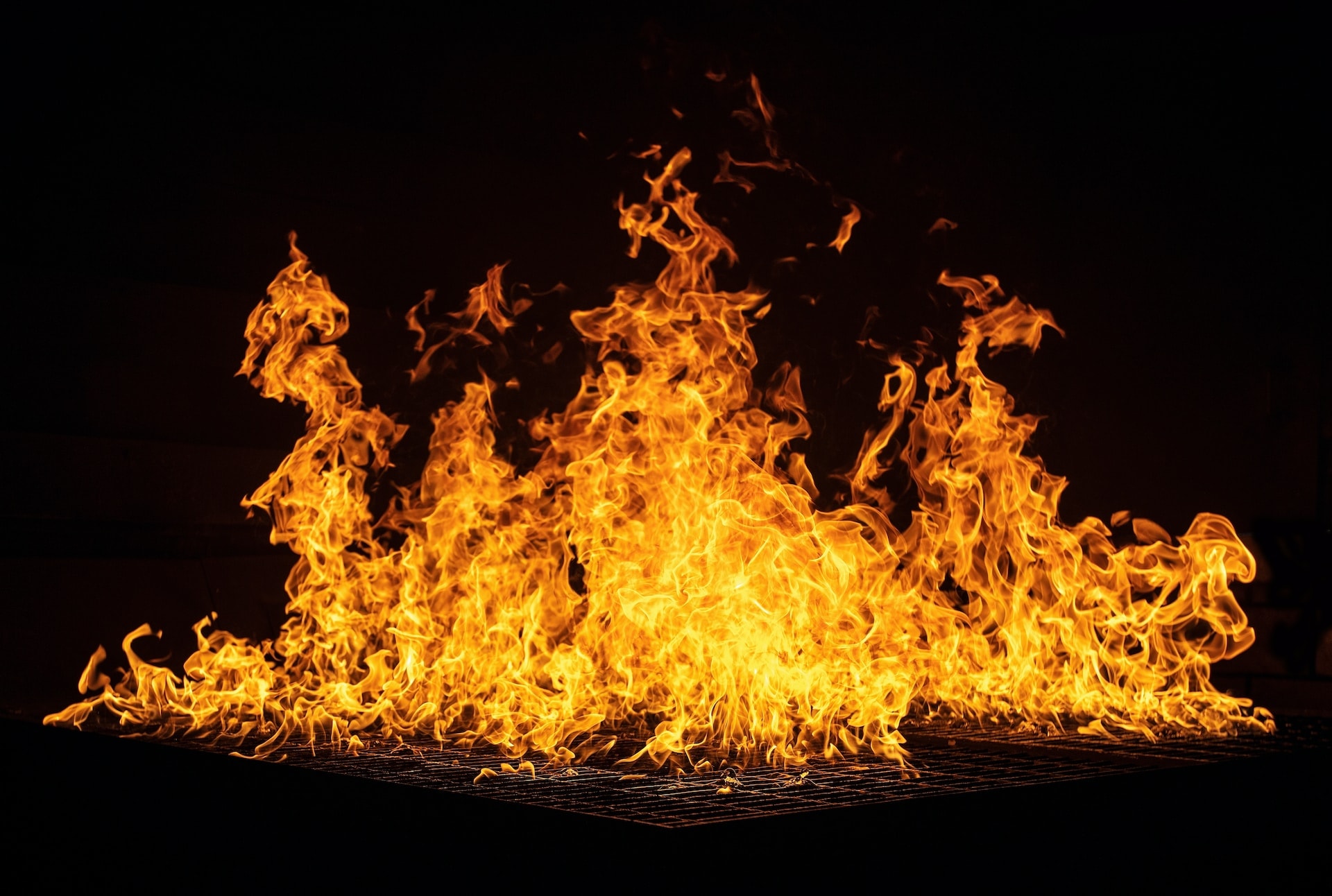
Four of our church members lost a parent in the same week. Two young mothers I know are dealing with aggressive cancer. Another is fighting brain cancer. A man died unexpectedly from a brain aneurysm. A teenager committed suicide. Another, in a serious car accident, might never walk again. A church administrator didn’t wake up one morning. A baby born four months too soon struggled for his life.
This long list of unfortunate incidences happened in the same year all within two weeks. In each circumstance the individuals were Christians. I’m guessing each of us could make a list of our own circumstances involving people we know, family members, or even strangers we encounter as we scroll through our social media feeds. Because we live in an evil world, we aren’t surprised that bad stuff happens, but when it happens close to home, we are shaken.
A favorite Bible story for children, and perhaps all of us, is found in Daniel 3. Here we find Nebuchadnezzar with his famous golden image surrounded by a crowd of potential worshippers. We discover three of Daniel’s friends—Shadrach, Meshach, and Abed-Nego—standing in the midst of the crowd while the rest bow as directed. As things escalate, threats are made by the king, and the penalty for those who are disobedient is seen nearby in the form of a furnace, black smoke curling into the air as the fire is stoked to higher temperatures.
Rewriting the Story
If allowed, I could easily rewrite the story of the three Hebrews. In my version the three Hebrews would have gotten lost on their way to the plain of Dura. Or they would have woken up with the biblical version of the flu. Or the furnace would have unexpectedly refused to light that morning. Or a mighty wind from nowhere would have blown over the statue, and the event would have been canceled. Any of these would have prevented the young men from being where they were—standing between a hotter-than-hot furnace and an exceedingly angry king.
For comparison, let’s look briefly at another Bible story, one I much more prefer, found in 2 Kings 6. Here we find the Syrian army encamped around the house of Elisha. Elisha’s servant sees the vast army and panics. But then Elisha asks God to open the eyes of his servant. When He does, a greater army of angel chariots is revealed. This is exactly what I want to see. I want to fully embrace Psalm 34:7: “The angel of the Lord encamps all around those who fear Him, and delivers them.” I want to imagine that everywhere we go—or where my long list of family, friends, colleagues, and church members go—everything will be OK because we are followers of Christ. I want to believe that evil loses every time because we’re surrounded by a circle of angel chariots. But bad things happen. Cancer. Accidents. Suicide. Unexpected and unexplained tragedies. Why the furnace instead of the army?
John Calvin, the well-known theologian, points out that God could have easily snuffed out the flames to save the three men, but He [God] saved them in the fire, not from the fire.* While I might want to rewrite the story, God didn’t. God chose to preserve their lives, not by extinguishing the flames or avoiding the entire experience, but instead joining them in the furnace. In so doing, the Hebrew young men became a testament of a greater God to a pagan king and those surrounding the image. Being thrown into a fire isn’t what anyone would choose, but they were saved in their experience.
While we can accept this, it isn’t completely satisfying. Sometimes we aren’t saved from the fire. Sometimes cancer wins. Sometimes people don’t wake up. Sometimes accidents are fatal. It can appear that the fire wins after all.
Completing the Thought
But listen to what Shadrach, Meshach, and Abed-Nego say before their fiery experience: “Shadrach, Meshach, and Abed-Nego answered and said to the king, ‘O Nebuchadnezzar, we have no need to answer you in this matter. If that is the case, our God whom we serve is able to deliver us from the burning fiery furnace, and He will deliver us from your hand, O king. But if not, let it be known to you, O king, that we do not serve your gods, nor will we worship the gold image which you have set up’ ” (Dan. 3:16-18).
Did you catch it? Three simple words: but if not. We choose to worship God no matter what challenging circumstances this sinful world brings. What’s crucial is that Shadrach, Meshach, and Abed-Nego made this decision before their walk to Dura. They determined this before they ever saw the fiery furnace. It was a choice and commitment made much earlier and practiced each day.
We can agree that angel chariots are preferable to fiery furnaces. But at some point we too must accept God as all-knowing and all-powerful. We must choose to serve Him in spite of our circumstances. Even if what happens causes incredible pain, we accept His plan. We may get tossed into the furnace, but we are never alone. When we choose to serve Him, God is always walking in the midst of the fire. These words I write are much easier to say in the midst of calm than in the middle of chaos. When bad things happen, it’s easy to lose our focus. It’s easy to look down in our despair, but we must remember and practice each day, Immanuel, “God with us,” so that when trouble comes, we do not fear, despite being assaulted by flames. We may not always feel His presence, but whether or not we perceive His presence, Jesus is there and always will be, either to save from the flames or in the flames, if not today, for eternity.
*John Calvin, Daniel I, p. 143.